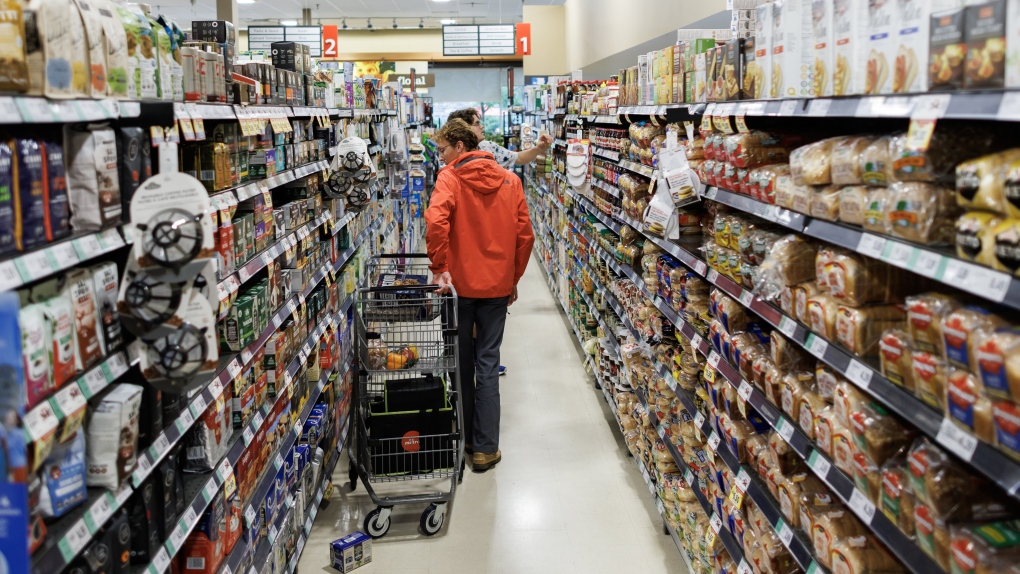Consumer Reports has found that plastics retain a “widespread” presence in food despite the health risks, and called on regulators to reassess the safety of plastics that come into contact with food during production.
The non-profit consumer group said on Thursday that 84 out of 85 supermarket foods and fast foods it recently tested contained “plasticizers” known as phthalates, a chemical used to make plastic more durable.
It also said 79% of food samples in its study contained bisphenol A (BPA), another chemical found in plastic, and other bisphenols, though levels were lower than in tests done in 2009.
Consumer Reports said none of the phthalate levels it found exceeded limits set by U.S. and European regulators.
It also said there was no level of phthalates that scientists confirm is safe, but that does not guarantee the safety of foods you eat.



I’m not sure of the reputation of CTV News Canada but this headline is trash. How can you enclose the words “plastics retain a “widespread” presence in food” with a link to the source material that clearly does not say that. The article itself goes on to quote Consumer Reports without mentioning plastics.
Here’s a better summary;
The Consumer Reports article is pretty good. It goes on to explain how both plasticizers and plastics get into our food system and bodies then provides the phthalate value (nanograms per serving) of each supermarket and fast food they tested.
There’s also a CR petition to get plasticizers out of food. https://action.consumerreports.org/cro-20240108-phthlates
CTV headline:
CR headline:
CR headline wins for nuance, inarguably, yes. CTV headline fits the takeaway soundbite for the average consumer.
Average Joe understands “plastic” better than “plasticizer”, and certainly better than “bisphenols & phthalates”. A rallying call to “get plastic out of our food” should be as if not more likely to eventually reach target groups (politicians & manufacturers).
Well, I did think of one problem. You don’t want labels that claim “plastic free“ when they still contain dangerous plastic-related chemicals.